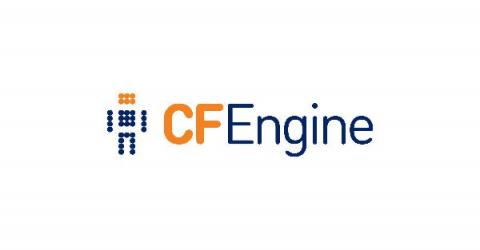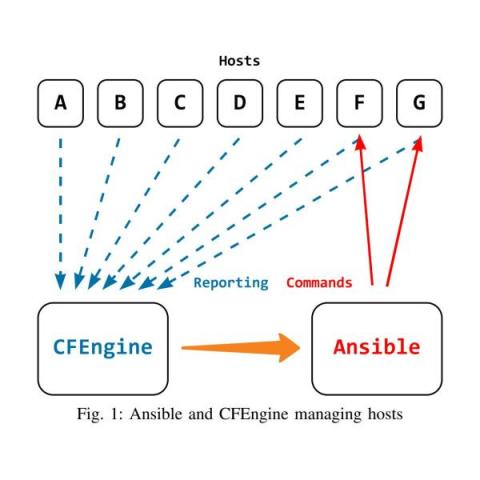Operations | Monitoring | ITSM | DevOps | Cloud
October 2021
CVE-2021-38379 & CVE-2021-36756
The CFEngine engineering team has recently discovered two security issues in the CFEngine Enterprise product: While the latter one (CVE-2021-36756) only affects CFEngine Enterprise deployments using the Federated Reporting functionality, the former one (CVE-2021-38379) affects all deployments running all supported versions of CFEngine Enterprise (and many unsupported versions, 3.5 or newer, to be more precise).
Working with external data, a look at classfiltercsv()
When working with CFEngine, it’s common to hear advice about separating data from policy. Separating data from policy allows for separation of concerns, delegation of responsibilities and integration with other tooling. Each organization is different, and a strategy that works well in one environment may not work as well in a similar environment of another organization, so CFEngine looks to provide various generic ways to leverage external data.
CFEngine for IoT
CFEngine is well suited for use in IoT environments due to it’s portability, size, and performance. There already exists a meta layer for including the CFEngine community client and Masterfiles Policy Framework in Yocto Project builds.
CFEngine: The Agent Is In 5 - Running CFEngine On IoT
Managing local groups
Manually managing groups on a large infrastructure can be a tedious task, and is therefore best suited through automation software like CFEngine. Unfortunately - at time of writing - CFEngine does not have any built-in promise types for managing groups. But fear not; in CFEngine 3.17, custom promise types were introduced.





